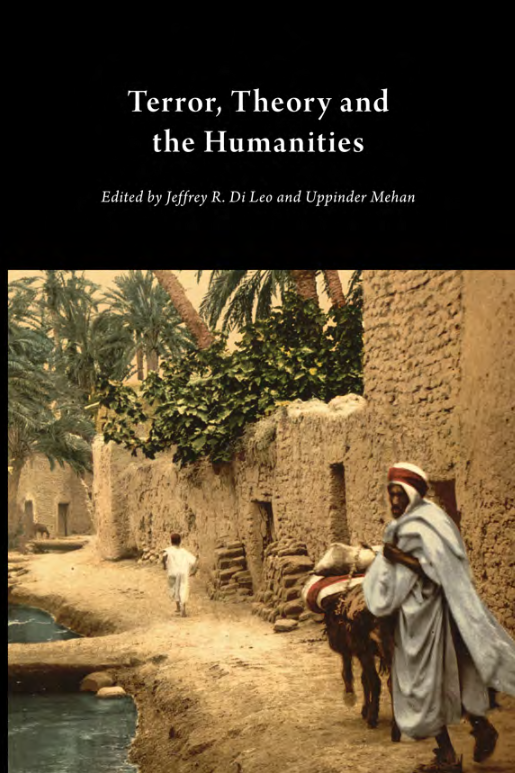Terror, Theory and the Humanities
Editorial: Open Humanities Press
Licencia: Creative Commons (by-sa)
Autor(es): Di Leo, Jeffrey y Mehan, Uppinder
The events of September 11, 2001, have had a strong impact on theory and the humanities. They call for a new philosophy, as the old philosophy is inadequate to account for them. They also call for reflection on theory, philosophy, and the humanities in general. While the recent location and killing of Osama bin Laden, the leader of al-Qaeda, in Pakistan on May 2, 2011—almost ten years after he and his confederates carried out the 9/11 attacks—may have ended the "war on terror," it has not ended the journey to understand what it means to be a theorist in the age of phobos nor the effort to create a new philosophy that measures up with life in the new millennium. It is in the spirit of hope—the hope that theory will help us to understand the age of terror—that the essays in this collection are presented.
With essays by Christian Moraru, Terry Caesar, David B. Downing, Horace L. Fairlamb, Emory Elliott, Elaine Martin, Robin Truth Goodman, Sophia A. McClennen, William V. Spanos, Zahi Zalloua.
"How to understand the "War on Terror" that was initiated by the events of September 11, 2001? And how can critical theory respond to a politics and rhetoric that increasingly uses the word "terror" to license all manner of regressive policies? Is a new cosmopolitanism that would oppose these policies possible? And what has been the response of our novelists, poets, and philosophers? In this outstanding collection, edited by Jeffrey R. Di Leo and Uppinder Mehan, the ten contributors, together with the editors, pull no punches in calling for new philosophical models to counter the dominant discourse of our time with its jingoistic Exceptionalism and free-floating fear. Terror, Theory, and the Humanities could hardly be more timely. Read it and weep—and then start planning for the future."
[2012]
Compartir:
Una vez que el usuario haya visto al menos un documento, este fragmento será visible.


